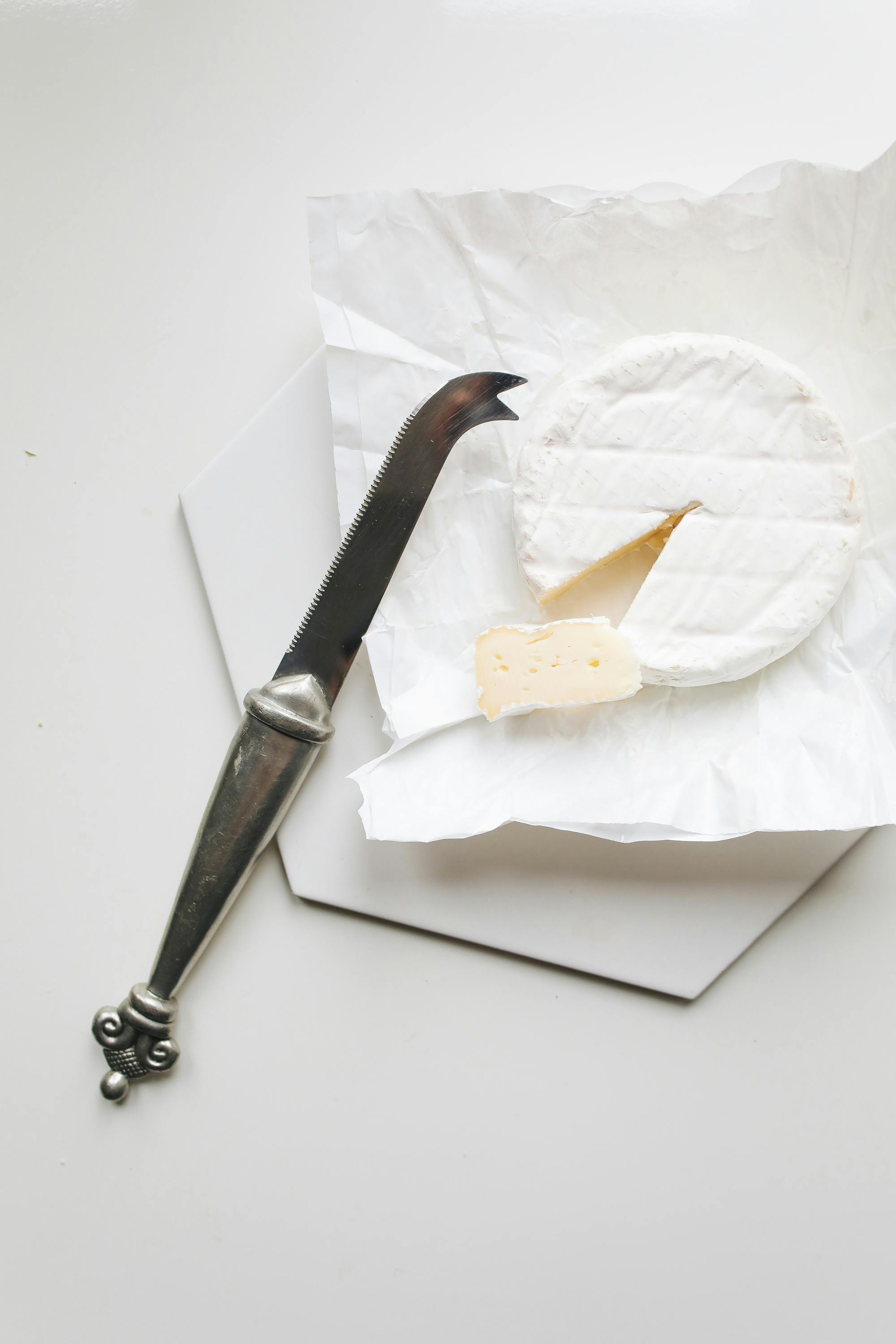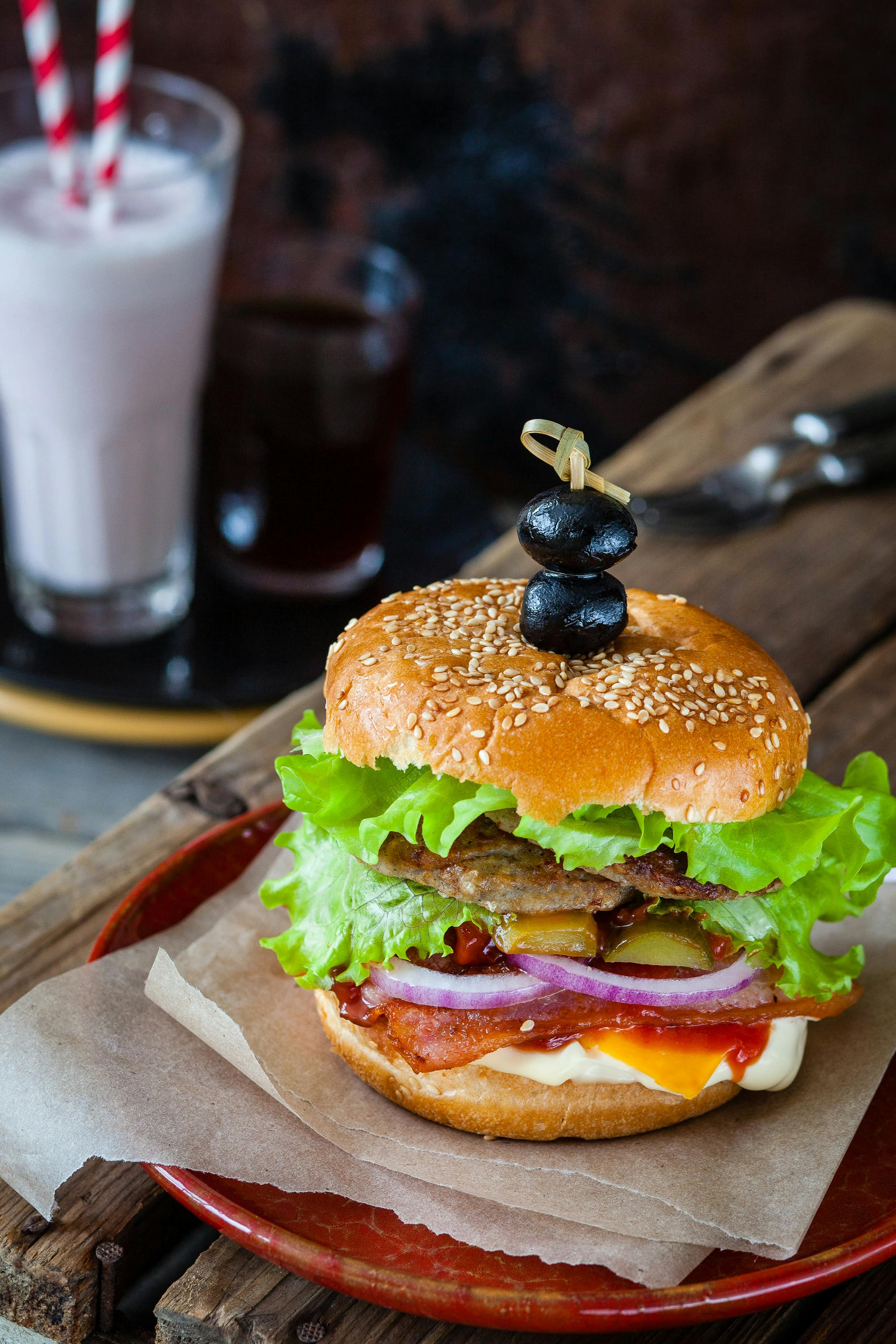How to Properly Enjoy Cheese on the Carnivore Diet: A Practical Guide for 2025
Embarking on the carnivore diet can be both exciting and challenging, especially for cheese lovers. This guide explores how to integrate cheese into your carnivore lifestyle effectively while maximizing its benefits. Cheese not only adds flavors but can also provide a rich source of fats and proteins, essential for those following a zero-carb approach. Understanding the types of cheese permitted, their nutritional values, and how to manage your intake can lead to a healthier relationship with food on the carnivore diet.

In this article, we’ll dive into the different cheese varieties, their impact on health, and tips for incorporation into meals. From cleansing cravings to understanding cheese’s role in muscle building and energy levels, we cover a comprehensive overview for 2025 and beyond. Here, we will explore the nutritional aspects of cheese, including its amino acids, fats, and how it interacts with ketosis. You’ll also find practical advice on cheese serving sizes, recommendations for managing cravings, and myth debunking to aid your journey on the carnivore diet.
Essential Guide to Cheese Varieties on the Carnivore Diet
With many cheese types available, knowing which varieties fit into your carnivore diet is vital. Hard cheeses, like parmesan and cheddar, generally possess lower lactose levels, making them preferable for many dieters. Meanwhile, soft cheeses, such as brie and goat cheese, provide rich flavors and unique textures. Understanding the types of dairy allowed opens the door to diverse culinary experiences while maintaining your high-fat, low-carb lifestyle.
Types of Cheese Allowed
On the carnivore diet, certain cheese varieties are deemed acceptable. Hard cheeses are typically approved as they are lower in lactose and higher in fats. Popular options include cheddar, gouda, and parmesan. These cheeses boast a rich flavor and contribute healthy fats to your meals. On the other hand, some soft cheeses may also be consumed, provided they are tolerated by your body. Brie and cream cheese can add creaminess to your diet; however, monitoring your reaction is essential.
Cheese Nutritional Values
Cheese is a valuable addition to the carnivore diet, providing essential nutrients such as calcium, protein, and various vitamins. The nutritional breakdown can vary significantly between different types of cheese. For instance, a cup of shredded cheddar cheese contains around 28 grams of fat and 24 grams of protein, making it an excellent option for muscle building. Understanding the calorie count and nutritional profile allows dieters to make informed decisions while preserving their health.
Hard Cheese Versus Soft Cheese
When choosing between hard and soft cheese, consider the differences in texture and nutritional content. Hard cheeses are often more concentrated in nutrients and fats; thus, they can be more satiating. In contrast, soft cheeses may be easier to spread or incorporate into meals. For those focusing on weight loss or muscle building, opting for higher-fat cheeses can promote a feeling of fullness, supporting appetite control. Understanding your body’s preferences will lead you to the best cheese choices for your carnivore journey.
With cheese varieties delineated, it’s essential to know how to properly enjoy them on the carnivore diet. This naturally leads us to…
Integrating Cheese into Your Meals
Incorporating cheese into your meals enhances not only flavor but also nutritional content. Whether you’re using cheese in cooking or as a snack, proper integration is critical for maintaining your health on the carnivore diet. From recipes to portion control, these tips will ensure your cheese consumption is both enjoyable and beneficial.
Cheese as a Snack
Cheese can play an essential role as a convenient and satisfying snack. High-fat cheese varieties curb cravings while providing energy to fuel your day. Pairing cheese with high-fat meats or avocado allows you to create a filling snack that supports your dietary goals. Consider using cheese cubes or slices for easy snacking options during work or travel, ensuring you stay within your prescribed macros.
Cheese Recipes for Meal Prep
Incorporating cheese into meal prep opens a variety of flavorful possibilities. Try creating creamy cheese sauces or using melted cheese as a topping for high-fat meats. Recipes like cheesy cauliflower bake or jalapeño popper stuffed peppers offer a delectable way to enjoy cheese while staying true to your diet. When meal prepping, be mindful of portion sizes and variations in cheese types to keep nutritional balance in check.
Portion Control with Cheese
Portion control is fundamental when including cheese in your meals. While cheese offers tremendous benefits, overconsumption can lead to unwanted calorie intake. Consider limiting servings to an ounce or two per meal, depending on your overall fat needs. Managing portions helps reduce potential feelings of bloating or digestive discomfort. Tracking your cheese consumption can also offer insight into how it affects your overall health and weight on the carnivore diet.
Understanding Cheese and Health Impacts
The relationship between cheese and health is a complex one, particularly for those on the carnivore diet. Understanding how cheese consumption impacts elements like inflammation, digestion, and overall health is crucial for maintaining a balanced diet. Let’s explore these aspects further.
Cheese and Inflammation
In some cases, cheese consumption may lead to inflammation, particularly in individuals with dairy sensitivities. However, many find that high-fat, fermented cheeses can reduce inflammation and support gut health. Exploring options like lactose-free cheese can provide a viable alternative for those sensitive to lactose, contributing positively to digestion and overall wellness.
Cheese Digestion and Health Monitoring
A significant factor to consider is how various cheeses digest within your body. Hard cheeses, which contain less lactose, are often easier for many to digest. Monitoring your body’s response to different varieties of cheese enables you to curate the perfect mix for optimal health. Keeping a food diary may help identify which cheeses work best for you and ensure a pleasant carnivore experience.
Cheese and Bone Health
Cheese is a notably high source of calcium, an essential nutrient for maintaining bone health. Incorporating cheese into your meals may aid in preventing osteoporosis and promoting strong bones, particularly beneficial for those engaging in physical activity. Consume cheese as part of a balanced diet, paying attention to your overall nutrient intake to ensure the best bone health outcomes.

Final Tips for Cheese Consumption on the Carnivore Diet
As you navigate your cheese choices on the carnivore diet, a few final considerations can lead to success. Understanding the myths surrounding cheese, knowing how to reintroduce dairy correctly, and maintaining a balance within your diet will support a nutritious approach.
Common Myths About Cheese on the Carnivore Diet
A lot of misconceptions surround cheese consumption on the carnivore diet. While many believe cheese should be completely restricted due to its dairy nature, incorporating it mindfully can offer numerous benefits. Realizing that cheese can complement a meat-based regimen enhances culinary diversity and nutritional intake. Always assess your body’s unique response to dairy to determine what best suits your needs.
Reintroducing Dairy and Monitoring Effects
For those who have previously eliminated dairy from their diets, reintroducing cheese requires careful monitoring. Gradually incorporate small amounts of cheese, observing any changes to digestion or appetite control. This approach allows you to find the right balance while recognizing any adverse reactions that may arise.
Maintaining Balance and Moderation
Maintaining balance and moderation in cheese consumption ensures continued progress on the carnivore diet. While cheese can be a delicious addition, it is essential to remain vigilant concerning overall fat intake and macros. Being mindful of your portion sizes and avoiding overindulgence supports health goals while allowing you to enjoy cheese’s variety and flavor.
Q&A Section
Can I have cheese on the carnivore diet?
Yes, cheese can be included in the carnivore diet. However, it’s important to choose the right types and monitor your individual tolerance, particularly regarding lactose content.
What types of cheese are best for muscle building?
High-fat cheeses like cheddar and gouda are excellent sources of protein and fats, making them beneficial for muscle building.
How does cheese affect ketosis?
Cheese can support ketosis due to its high-fat content. However, be cautious about the total calorie intake and the types of cheese consumed to stay within desired limits.
Are there risks with cheese consumption on the carnivore diet?
Potential risks include digestive discomfort or inflammation in those with dairy sensitivities. Understanding your body’s reaction to cheese is crucial for safe consumption.
How can I control cravings for cheese on the carnivore diet?
Mindful portion control, mixing in nutrient-dense foods, and understanding your body’s response can help manage cravings while enjoying cheese within your carnivore regimen.
